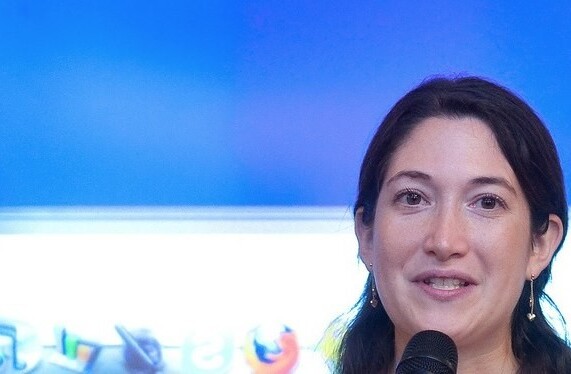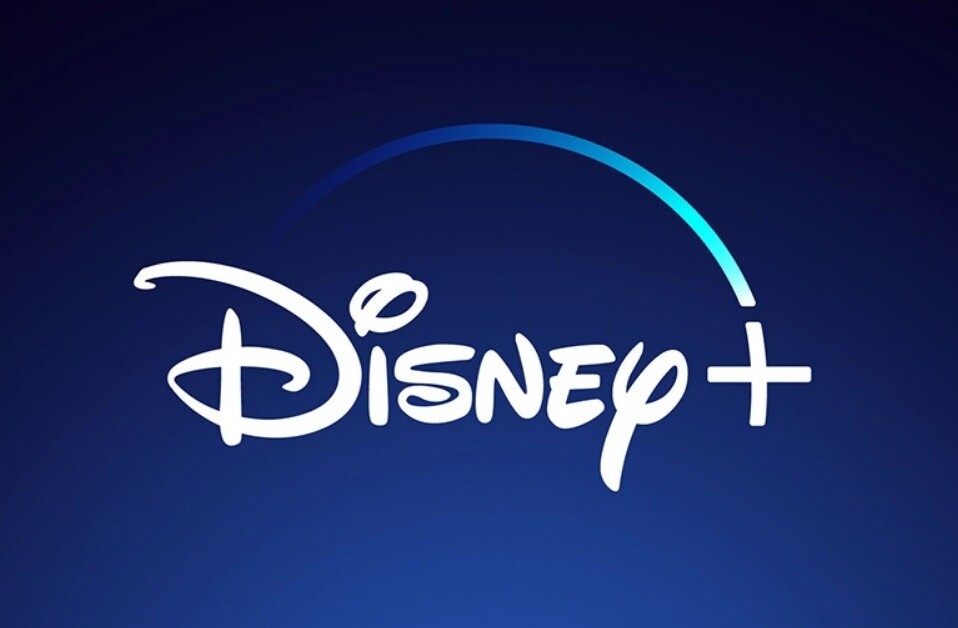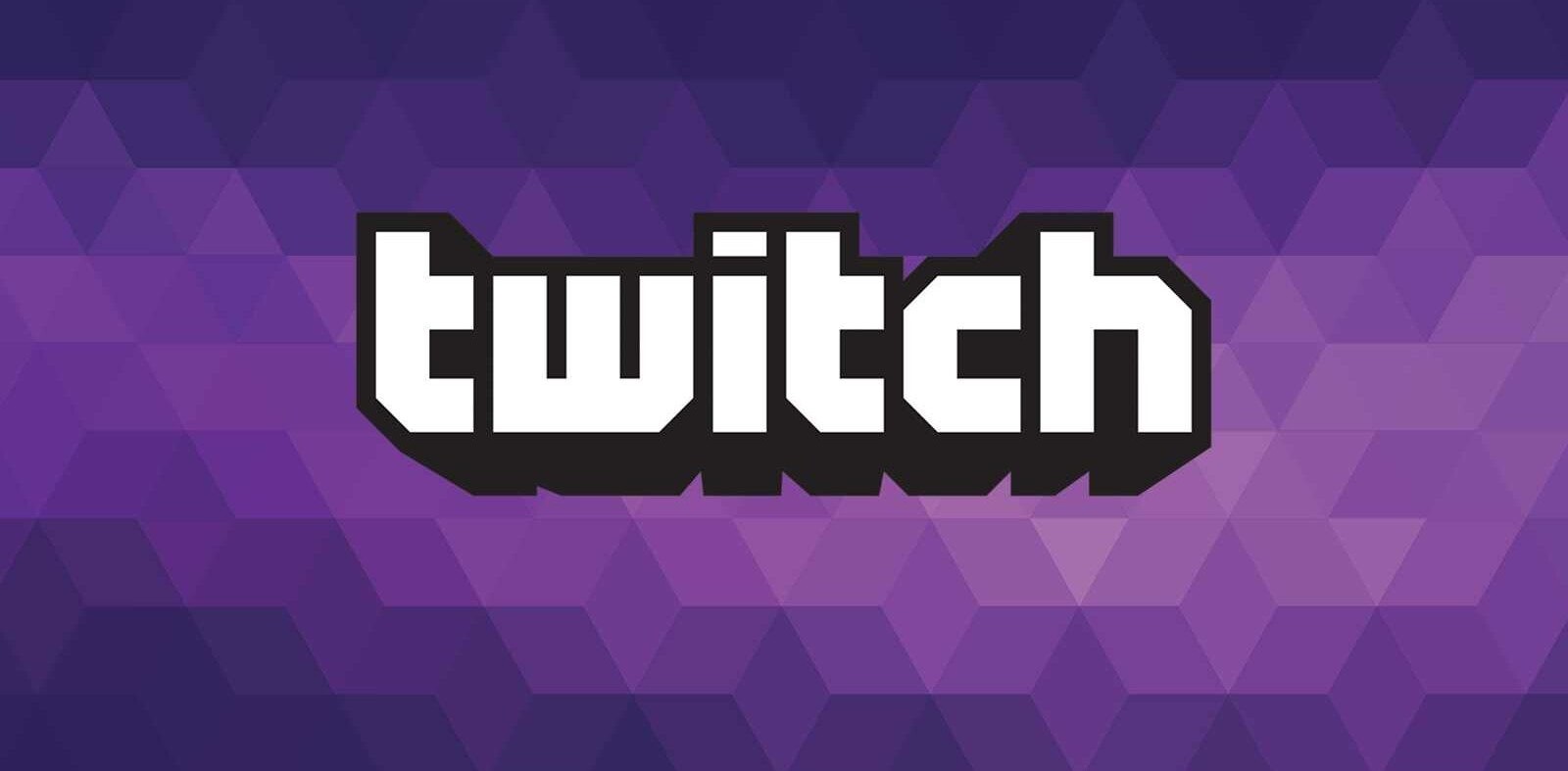![Randi Zuckerberg says to start telling women to do startups AND have babies [Video]](https://img-cdn.tnwcdn.com/image?fit=1280%2C720&url=https%3A%2F%2Fcdn0.tnwcdn.com%2Fwp-content%2Fblogs.dir%2F1%2Ffiles%2F2012%2F01%2Fimages.jpeg&signature=d3548436fb9e23795d35cd9a0a1cef79)
‘Stop telling women to do startups’ that was the title of the blog post that sent shockwaves through the technology industry a few weeks ago. The crux of the article was that women should be happy with being a stay-at-home mum and not seek out founding a startup, a career choice that is incompatible with having children, due to the ‘hell like‘ nature of entrepreneurship.
Whilst I think the author, Penelope Trunk, has a point when it comes to women being liberated mothers, I also think Trunk totally missed the point; that women can do startups and have babies and they are not mutually exclusive.
Actually, both life choices can fit in quite nicely with each other, much better than having a baby and a traditional 9-5 or a corporate job. With the cost of innovation decreasing exponentially and more enterprise services moving to the cloud, getting a startup off the ground no longer means having to raise large amounts of capital straight away or spending all hours of the day in an office; launching a concept and testing your market can be done anywhere, anytime.
Women aside, most of the early stage male entrepreneurs I know are building their startups everywhere, all of the time; from coffee shops, tech events, their beds; many actually choose to work from one of Silicon Valley’s co-working spaces or accelerators over investing precious resources into an office. Plus they get the added benefit from the networking aspect of rubbing shoulders with like-minded entrepreneurs, something you wouldn’t do in an office with limited people. For a women who has a newborn, being mobile and flexible is a must and so a career that enables you to take the baby with you, must be great, right?
Then I started to think about female entrepreneurs in the industry who also had kids and I was stuck: Out of the 300 or so startup offices I have visited in Silicon Valley, I had seen skateboards, dogs and relatives but never babies. Maybe Penelope was right?
Scrolling through my feed a picture popped up of a baby in an office. The office belonged to Randi Zuckerberg, the sister of Facebook’s founder Mark Zuckerberg. She recently got pregnant, left Facebook and started R to Z media, a company she’s yet to launch, but given Randi’s history as head of marketing at Facebook (her work with ABC was nominated for an Emmy), looks promising.
But it wasn’t Randi who founded Facebook, it was her brother, so I poised the question; if Mark Zuckeberg was *hypothetically* pregnant when he founded Facebook would it have the $100 billion valuation is does today? Babies, I imagine, are a lot like startups; they are demanding, time consuming and need lots of love all of the time, so by having both a baby and a startup your time is divided between both, meaning less focus where it takes 2x as much time to execute and get things done quickly – traits that are paramount to a startup’s survival in a fast moving industry.
If women are doing startups and having babies, how many of these startups will become the next Facebook, Apple or Google and how many will turn into a lifestyle businesses? I caught up with Randi Zuckerberg at a film premiere of a film she acted in (when she was several months pregnant) and asked her how she did it; she follows Sheryl Sandberg’s advice of ‘the most important career choice you’ll ever make is who you marry.’ Randi says she has a very supportive husband who helps her out 50:50 with looking after their son, freeing up her time to concentrate on her startup. Will R to Z media become a billion dollar company? The jury’s still out on that one, but Randi thinks so; ‘It’s up to us to build billion dollar companies and create role models for the next generation of women who will build startups,’ she said. There’s definitely a trend of couples building and getting funding for startups in Silicon Valley, will the next trend be pregnant women?
Do you know any women who have founded startups and had babies at the same time? Do you think it’s possible to have a baby and build a billion dollar company? Leave your thoughts in the comments below.
Get the TNW newsletter
Get the most important tech news in your inbox each week.




